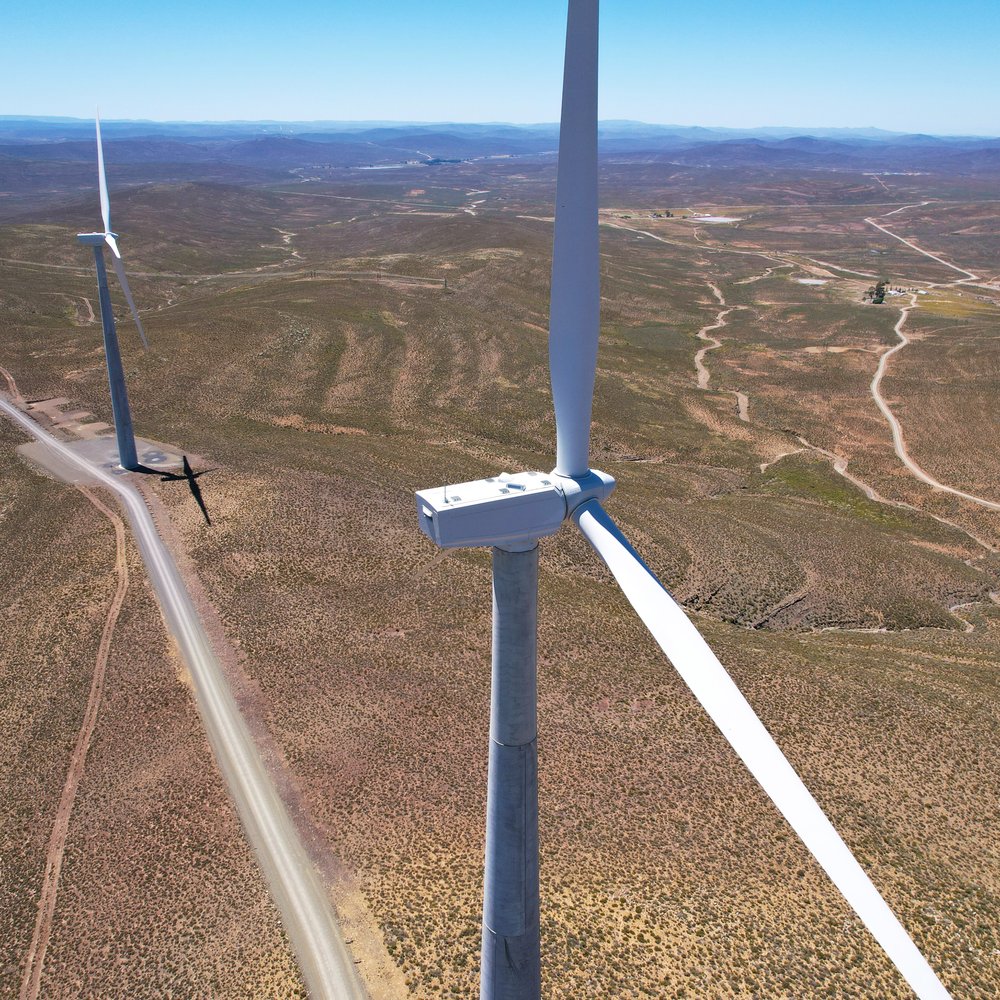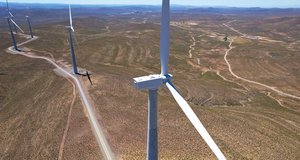Fast and fair: Achieving a just energy transition in Africa

Shutterstock (licensed)

Shutterstock (licensed)
Pressure is building on Africa to achieve a fast transition to clean energy, as well as a rapid delivery of its vast transition mineral wealth, which is integral for the world’s clean energy supply chains. However, this mineral extraction and renewable energy installation in Africa comes with human rights opportunities and challenges.
Using evidence primarily sourced from South Africa and Kenya, this briefing highlights the centrality of human rights to achieving a rapid and efficient energy transition. It also documents the dangers of rights abuse to communities and workers, as well as to the speed and cost of the energy transition itself. This briefing emphasises the need for transformed business models to deliver a just transition to the benefit of companies, investors and local communities. Three core Just Energy Transition Principles could provide the pathway for this transformation, helping to generate public support and benefit to communities and workers, which will be essential to the global energy transition.
Shared Prosperity: investments are structured to create broad benefit through co-ownership models that generate buy-in from workers and communities who share in the wealth generated from clean energy on their land.
Human Rights Due Diligence and Social Protection: companies and investors have a duty of care to shield vulnerable workers and communities from harm, mitigate risk, and put them first for energy access, retraining, new decent work.
Fair Negotiation - Consultation and Consent: communities – especially Indigenous communities - need to know there will be respectful negotiations where their right to free, prior and informed consent will be upheld throughout the project, and their leaders will not face threats and attacks when they dissent.
The briefing sets out recommendations for governments and investors, urging them to address serious human rights concerns. The full set of recommendations can be found in the report.